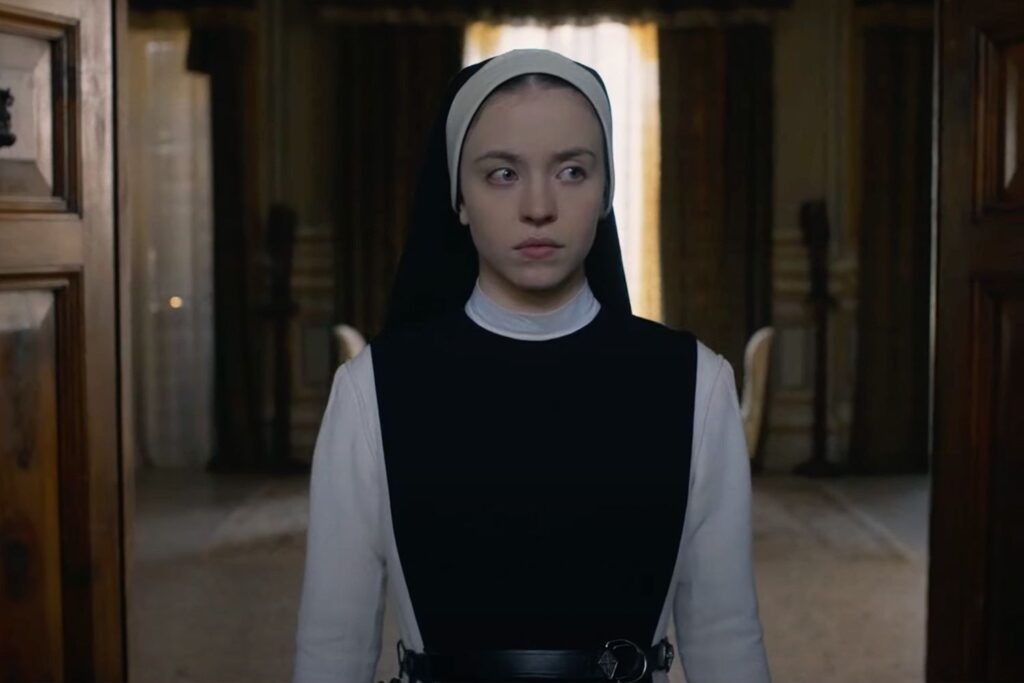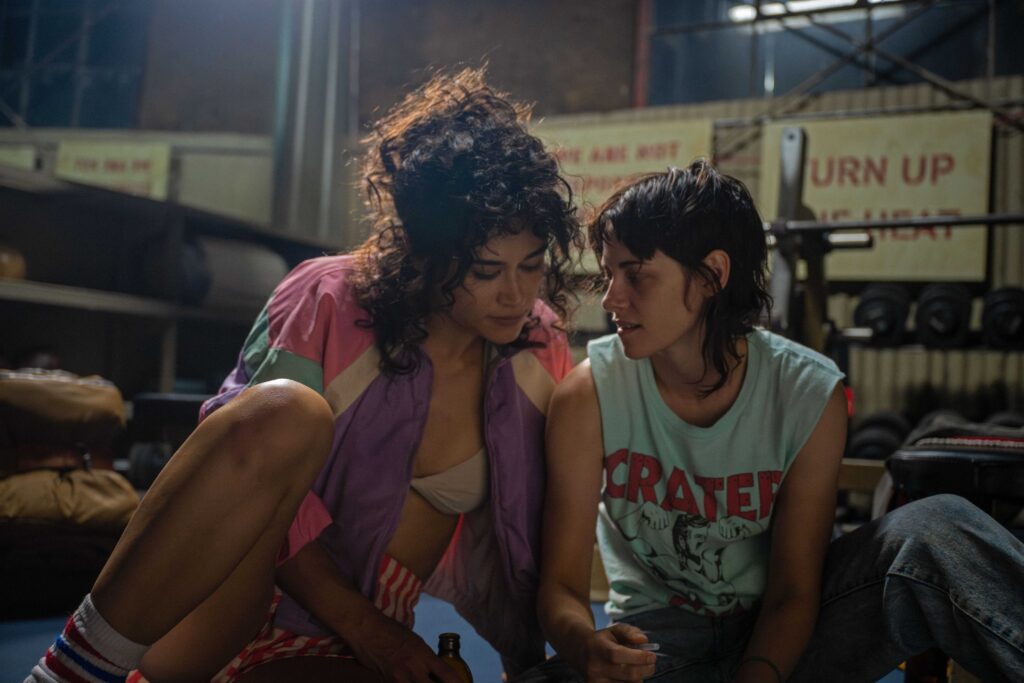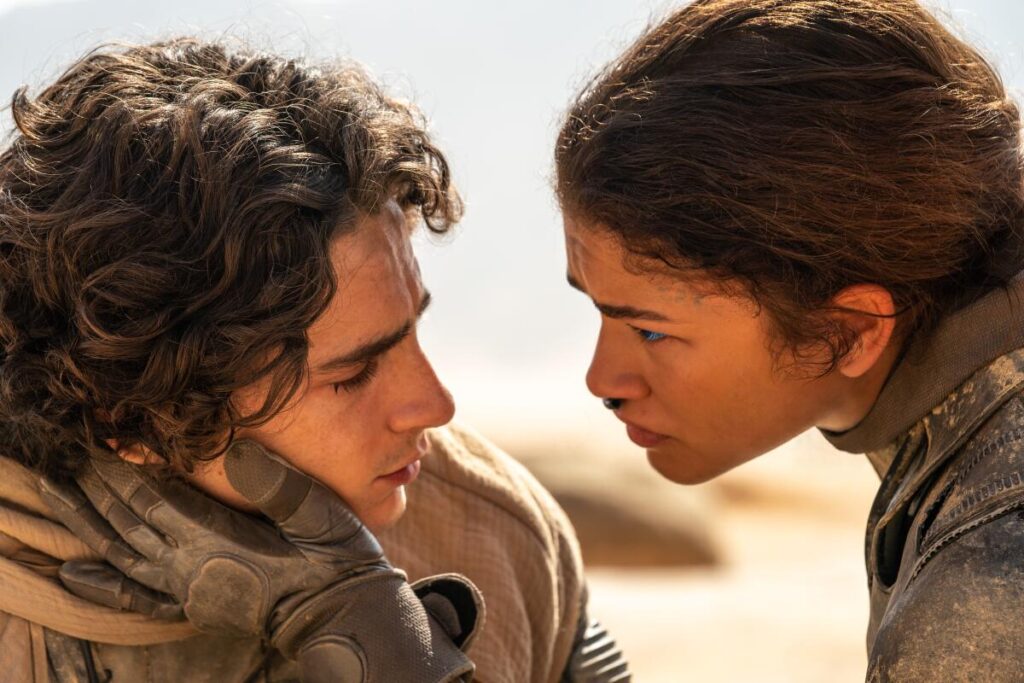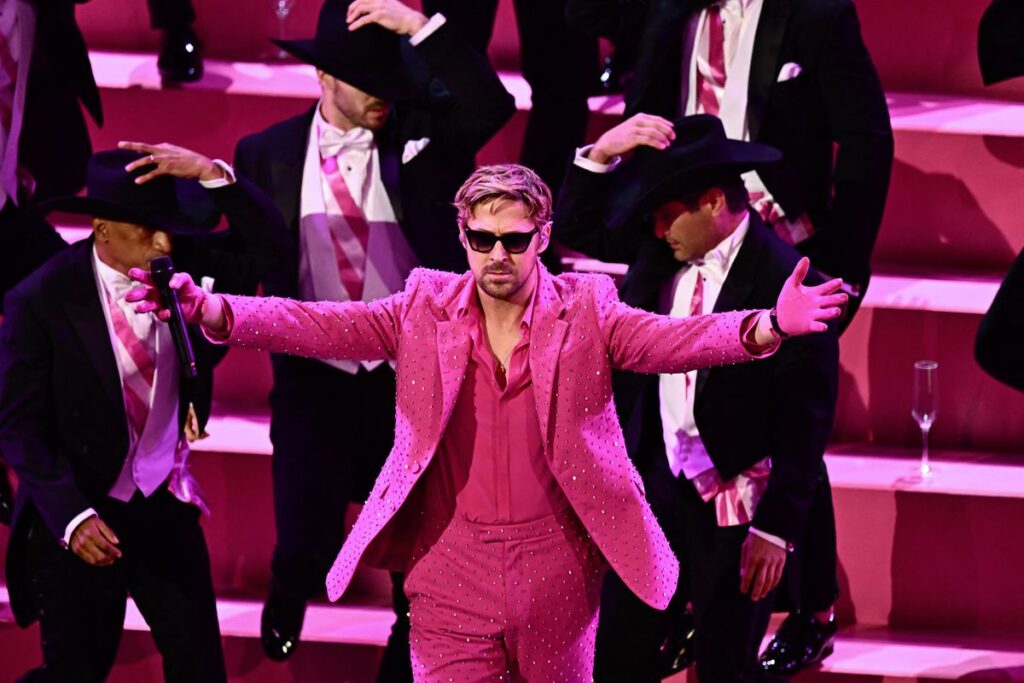Godzilla x Kong, the New Empire: Animal Kingdumb

The tagline for Roland Emmerich’s 1998 version of Godzilla proclaimed, “Size does matter.” Fair enough, but so do scale, weight, and clarity. The computer-generated beasts who rampage through Godzilla x Kong: The New Empire are undeniably large. But as creatures of action cinema, they are paper tigers—ephemeral and insubstantial, lacking in true force. They look like giants and punch like toddlers.
This is something of a problem, because the whole point of an enterprise like Godzilla x Kong is for its titular monsters to haul off and kick ass. Director Adam Wingard, who previously helmed Godzilla vs. Kong (the prior entry in Warner Bros.’ increasingly unwieldy cinematic universe), is no fool; he knows that the audiences flocking to this movie expect it to feature extensive footage of the King of the Monsters and the Eighth Wonder of the World laying waste to assorted animal competitors. He obliges immediately, as the opening scene finds a grey-bearded King Kong sprinting through the jungles and mountains of the Hollow Earth—the subterranean realm where he’s taken up a semi-peaceful existence, away from prying human eyes—as he’s chased by snarling predators that look like a cross between a jackal and an anteater. Kong’s predictable thrashing of these puny foes immediately emblematizes the picture’s failings. The issue isn’t so much that the creatures look fake—the special effects are impressively detailed in terms of color and design—but that the combat carries no tangible impact. It feels like an elaborate WWE routine—all posturing and preening, no real pain. Read More




